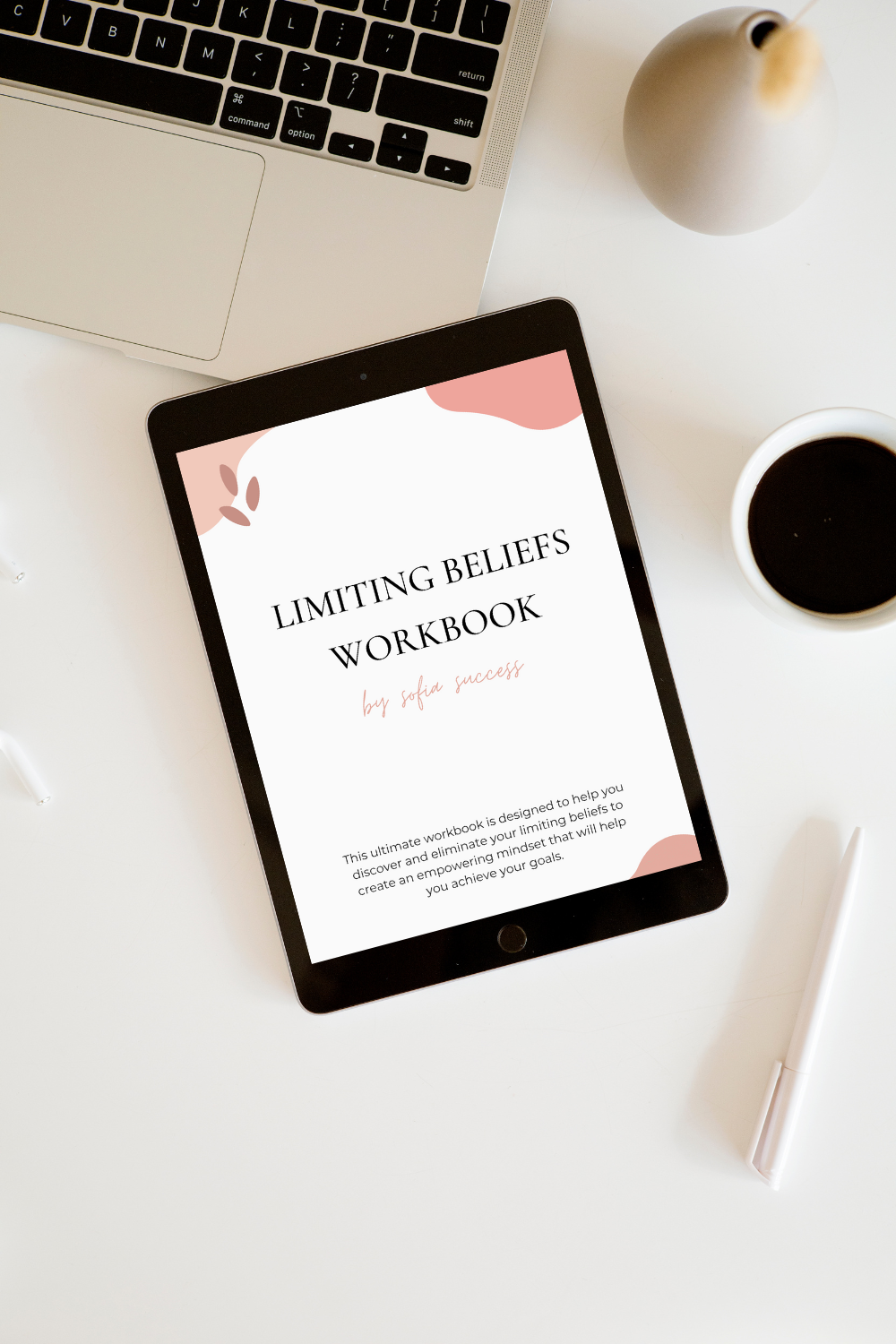As much as we like to think of ourselves as objective and rational beings, that´s something far from the truth. Our minds, thoughts, decisions, and action, are controlled mainly by two things: our beliefs and our emotions. If we didn´t have any of these two we would robots, not humans.
We all see and experience things in a different way and whether we like it or not the way we see certain situations and how we react to them depends greatly on our feelings.
We believe we are in complete control of our destiny, but we are highly unaware of how deeply our emotions dominate us. In some cases more deeply than others, clouding our judgment and our clarity when making decisions.
Read this article to learn the difference between these two states of mind as well as 3 techniques to become a more rational human being!

Irrationality v.s. Rationally
Irrationality can be defined as a state of mind in which we lack our usual or normal mental clarity, a state in which we are illogical and unreasonable.
On the other hand, rationality is the ability to counteract these emotional effects on our decision-making.
3 Techniques to become a rational human being
Now that we know the difference between these two states of mind, let´s get straight to the point: how can we become more rational, how can we stop emotions from clouding our judgment?
1. Accepting that humans are fundamentally irrational creatures
Why?
Living organisms have for millions of years depended on their instincts to survive- to find food, water, shelter, and protect themselves. Over time this instinct for some animals evolved into a feeling of fear.
The human brain has evolved to a higher mammalian brain which is composed of three parts:
- Reptilian brain: controls and regulates the body. Our instincts derive from this part of the brain. It’s all about survival. It doesn’t think or have emotions.
- Limbic brain: Old mammalian brain. It governs our feelings and emotions. It´s the part of the brain that controls our social life, relationships, friendships…
- Neocortex: The neocortex is the part of the brain that controls cognition and language, resolution of problems, future planification…

Our rationality depends on the Neocortex and the Limbic brain.
Our emotions originate from the limbic brain. How?
First, chemicals are released to awaken our awareness of our surroundings, which are then expressed in words by the neocortex.
The problem is that the communication between these two parts of the brain is often inaccurate which leads to our irrationality. Because emotions and cognition are not easily translatable, the true meaning of our emotions and sensations is often misunderstood and badly translated to our neocortex.

Animals feel fear for a short amount of time, unlike humans. We dwell on our fears, we make them greater and more dramatic than they are. We can feel long-term.
We are always feeling certain emotions that infect and affect our thinking. Being able to separate your emotions from your thinking helps you make rational decisions.
2. Recognize and understand your biases.
The most common emotions that humans feel are the desire for pleasure and the avoidance of pain. These two emotions deeply determine all of our mental biases.
- Confirmation bias– it means going in search of evidence to support your view and ignoring any information that contradicts it.
We can avoid this behavior by playing devil’s advocate and finding opposite views. Doing this makes us rethink and question our beliefs and ideas that we think for sure are true.
- Conviction bias- Have you ever asked yourself: how can this idea be wrong if I have so much energy to defend it?
You may even have doubts about what you support, but you have dug a hole and you feel the need to prove you are right and convince yourself and others that it is true.
- Appearance bias- Did you know that if someone appears to have a positive quality we tend to attribute other positive qualities to that person without any evidence? If, for example, you think that a person is funny, you will continue to attribute positive qualities to that person. The same thing happens with negative qualities.
Remember that appearances are misleading and that not everything and everyone is as they appear.
- The group bias– “Be friends with 5 millionaires and you will become the sixth. Be friends with 5 successful people and you will become the sixth. Be friends with 5 people with a poor mindset and you will become the sixth”.

We love and feel relieved when we find other people who think the same way we do. We are social creatures. Isolation and disparity from the group make us depressed. We have a survival need to be accepted and included.
And this survival need makes us adopt and implement ideas and behaviors whether we notice them or not with the sole purpose of fitting in and being accepted by the group.
When people take up ideas solely because of belonging to the group is very dangerous when in bad company and when these ideas do not align with our principles and values.
Be careful of who you surround yourself with. And don´t forget that you don´t have to change your ideas, beliefs, personality… in order to fit, you will your people.
- The blame bias– It is painful to look in the mirror and admit our mistakes and the consequences they have. It is easier to blame others for the consequences of our actions and victimize ourselves.
- Superiority bias– we all like to think of ourselves as likable and rational. And that thought can sometimes not let us see the truth about the situation and about ourselves.
3. Inflaming actions and factors
Our minds are influenced by emotions and we become reactive to them.
The world is full of actions and factors that have an effect on our emotions. Discovering these factors and how to react when we come across them is a very useful and powerful skill.
Examples of factors that inflame our irrationality:
- Trigger points from early childhood (traumas, reminders of bad memories…).
- Sudden gains or losses (winning the lottery, then losing it, losing someone close to you…).
- Rising pressure: when we are under stress the primitive parts of our brains kick into action, which makes us act without consciously thinking about the consequences of our actions and with a short-term vision.
- Inflaming individuals: many people in your life can trigger your irrational thinking in positive or negative ways.
- The group effect: which means getting caught up in the collective emotion when you are surrounded by others. This happens a lot in political or religious gatherings.

How to develop rational thinking?
- Accept that you are an irrational being and that the emotional being feeds on ignorance.
- Examine why you reacted in a certain way to a stimulus in your life. If you notice that a certain situation, person, or action triggers your irrationality and doesn´t allow you to think clearly, ask yourself why did it happen?
What action/situation/person triggered you? Why did you react the way you did?
- Increase your reaction time. Take a step back and remove yourself from the situation to be able to see things more clearly. Becoming a more rational person is all about learning to separate our emotions from the situation. About learning to distance ourselves from the heat and the emotions of the moment, to then think about the situation with a calmer attitude and an open mind.
- Don´t try to change people: our intentions with others are a major contributor to our emotional chaos. We judge, we tend to change in people the things we don’t like… Accept people for what they are.
An important message about equilibrium
“The key to happiness is equilibrium”.
Being rational and not being constantly making spontaneous decisions influenced by our emotions and the situations we are facing is as important as not becoming completely detached from our emotions.
It´s easy to jump from one extreme to the other. But constantly being in one extreme or another is not healthy. The key is to find the equilibrium between the two ends.
Making rational and clear-headed decisions. As well as learning to use our intuition and emotions to make decisions.

Are you willing to challenge yourself?
I have a little challenge for you before we finish.
Now that we have learned what causes our irrational thinking and different techniques to achieve the balance we were talking about, your challenge is to choose one of the previous techniques and implement it whenever you feel your emotions are clouding your judgment for one week.
Are you ready to take on this challenge?




0 Comments